For the next few weeks, Dot Esports is profiling women working behind-the-scenes in esports. Each woman is an expert in her field, whether it’s navigating an emerging sector of the law, building out branding for their organization, or putting together some of the biggest esports events of the year. We’ll post a new profile each day, covering the women’s unique experiences in the esports industry.
Most—if not all—of Immortals’ public-facing announcements go through Jen Neale, the organization’s public relations and communications manager. Before joining Immortals, Neale worked as a hockey reporter, covering the NHL for SB Nation, Yahoo, and The Associated Press. Her time as a journalist gives her a unique experience now working with journalists; Neale has intimate knowledge of the profession and is using it to help new esports journalists—sometimes young and inexperienced, as esports is a growing industry—get better.
“People are learning how to be journalists in esports,” Neale said. “You know how to ask for comment or follow-up on a hit you have, to check your sources. People are still trying to figure that out here in esports. In the NHL, I couldn’t go onto Reddit or Twitter, or especially Yahoo, and just post an unsubstantiated rumor and not ask for comment or thoroughly vet a source.”
It’s all about making the industry better, whether she’s instructing a new journalist on how to ask for comment or setting up larger, industry-wide initiatives, like Immortals’ recent charity partnership with St. Jude. In just over a year, Neale’s made an impact not only on the Immortals organization, but the industry as a whole.
This interview has been edited for length and clarity.
How did you get involved with Immortals and the Los Angeles Valiant?
Neale: Well, my job is the manager of public relations and I handle all the communication that goes through our organization—outreach for announcements, statements, anything that has to do with public relations. It’s a really interesting job in esports. I’ve been here since Oct. 30, 2017. Before that, I spent six years as an NHL reporter, covering hockey for Yahoo Sports and SB Nation. When Verizon purchased Yahoo, unfortunately we were all laid off.
I was freelancing for the Associated Press for a little while but the hustle of being a freelance writer was just too much for me. I need stability. It just so happened that our CEO Ari Segal had just joined Immortals a few months earlier. He and I actually got to know each other when I was working at the NHL, because I interviewed him for Yahoo. He and I had talked and he asked if I had any thoughts about getting into PR. He’s like, “If you are, you have to learn a lot about esports, the organization, and I’m not going to help you get the job. You need to earn it on your own merits.” And I was like, “Of course.” I don’t want something I don’t deserve. He set me up with an interview and I went a couple rounds and ended up getting the job, and I’m still here today. I think coming from the sports world, it’s pretty unique.
Do you see any big differences between esports and traditional sports?
Absolutely. Coming from the media side of it, I can speak to specifically that people are learning how to be journalists in esports. You know how to ask for comment or follow-up on a hit you have, to check your sources. People are still trying to figure that out here in esports. In the NHL, I couldn’t go onto Reddit or Twitter, or especially Yahoo, and just post an unsubstantiated rumor and not ask for comment or thoroughly vet a source.
That’s one thing from the media side that I think people are still figuring out. I’m trying to take what I learned as a journalist in the NHL and treat every media member the way I wanted to be treated, but to also have those rules and expectations of who I work with. I’m very clear about that. If I feel like they go around me to get to one of my players, try to get a comment or something, I feel it’s my responsibility to kind of do a little instruction, if you will. As esports gets bigger, the media coverage is going to be so important.
It’s even more important because we need to show that we have people that are journalists, that write and do great stories that aren’t based on some kind of toxic rumor. That’s where I think that esports needs to transition. My priority in the organization is that we need to treat media members as reporters, and not as people that spew endless rumors. We need to give them professional working spaces. If you come to one of our events, I will always have a media room for people to file stories. I think that infrastructure needs to be built in. It increases peoples’ professionalism throughout.
Can you walk me through a typical day for you?
Typical isn’t something we have here. I’ve learned very quickly that every day is different. We have three brands—Immortals, Los Angeles Valiant, and MIBR, our Brazilian CS:GO team. It just depends on the organization’s goals at that moment. Are we working on producing an event for the Valiant? Are you getting the CS:GO team ready for a tournament and have interviews to set up? It depends on what we have going on, what’s in the pipeline as far as announcements go. I have an outside agency that I work, a PR agency. A lot of my day-to-day communication is with them about setting up interviews, and what our communication goals are as an organization. It changes in a flash. I could have my whole day set up and it completely changes. I think that it’s really important for anyone that wants to get into esports to be able to adapt, and adapt quickly.
Your day is never going to look the same ever. And game days are different than non-game days—if we’re on campus or I have interviews I need to sit in on.
Why is marketing and PR important in esports?
PR functions at a different angle. Inside esports, it’s important because you want to show the success of your brand and recruit great players. We’re competing against each other at all these esports organizations, so marketing and PR is important because it also shows the community. We want to show that we’re doing something that’s better than [another] team. That’s a big part of PR—getting our players out there and helping them build their brand.
Going non-endemic, we’re just talking about the Immortals organization overall. It’s about expanding our profile to people who don’t know what this esports thing is. It’s explaining that, yes, we have people playing video games for money. But it’s so much more than that. And a lot of my job, who we work with, are people that aren’t esports familiar and explaining it to them as more than your preconception of, like, a guy sitting in his mom’s basement yelling into a headset and getting paid to do it. It’s so much more than that.
Do you think it’s important for women to be involved in all aspects of esports?
Coming from a male-dominated industry like sports reporting, you see how much better the industry is when there are not even just women’s voices, but LGBT and people of color—different perspectives bring a lot of unique richness to the environment. It’s really important that women don’t think about it like, “I’m the only woman here.” Think about what you do and what you bring to the table, knowing that your perception matters and you could change the business course or narrative of the story. Not all straight white men understand a different angle of the story or how to treat players because X, Y, and Z. Women just bring a different perception and it’s important to have them especially in an emerging space like this to help shape the future of what we want esports to be.
It feels like Immortals and LA Valiant have set a standard for holding these inclusive, all-encompassing events.
We have, and pride ourselves on that to anybody else. I’ll say it, I’m proud of what we have done because we believe in being the most inclusive esports organization. It’s important to us to bring all fans of the community in because you don’t know who may be feeling left out—[people who] love esports, but they don’t see themselves in a particular group. It’s about saying, “You’re welcome here. We don’t care who you are, who you love. We want you here. We want you to be a part of us, because it’s you and your perspective makes us better.”
We really do take pride in putting together programs so that fans can feel like they belong to something bigger than themselves, and that they’re important and they matter.
Were you personally involved in any of those initiatives?
I’ve worked on all of them but I’d say the LGBT one was the biggest one for me. I was able to work with one of my connections from the NHL, You Can Play. We were able to become their first esports partner in the You Can Play project, which is just about bringing diversity and inclusion for the LGBT community and for coaches and players. We took that pledge to be inclusive, to not discriminate against anybody for who they love, and that message resonated with me when the NHL took it on years ago. Being able to bring it over to esports, and to have our organization say, “This matters to us.” Players really jumped on board with it. It just meant the world to me and it’s a really good partnership. Now I’m sitting on an advisory board for GLAAD.
It’s all about inclusivity in esports. It’s a really cool thing that I get to do now. When we sold our pride patches, the creation to getting to put those on the players’ jerseys. They were excited to wear it and sell them. We made about a grand for You Can Play and their mission. We had a You Can Play trainer come in when the players came back from the offseason and trained them about inclusivity on a casual level. The players learned a lot. They really took a lot from it and felt comfortable to ask questions and get a better understanding of why what they say matters, because a kid might be looking up to them. The whole experience has been really cool and I’m happy to be a part of it. We have more to come for the next year as well. I’m really excited.
I also wanted to ask if you have a sense of what the landscape of the industry is for women, LGBT communities, and people of color.
I can tell you what I find in Immortals. I think we had three women in a staff of 25. I think it’s a staff of 35 now. We have like eight women—that could be wrong. But it’s big. It’s a big thing for us, and we’re all in throughout the director level on down. We’re all in different positions and I think that just shows that this space is recognizing that sure, there’s a lot of guys that want to get into it, but there are girls that are just as into esports who are great, if not better, candidates.
They’re coming into this space because they feel like they belong here, and they do. I think it’s really on the organizations, if not themselves, to take that proactive step to look for the right candidate regardless of who they are and regardless of gender identification, or whatever else. It’s on the organization to find the best candidate that works for them who accepts their values and morals. I think we’re starting to kinda see that. It’s a slow process. There’s no way that this is going to be fast, like within a year. I’m a straight white female, I think it’s kinda easier for me I guess I could say.
I think it’s starting to get better. It’s just on the organizations and the individual to do their part. For the individual, you have to know that you belong here, you can’t come in here second guessing yourself, because that doesn’t make you effective at all.
In male-dominated industries, you have to stand your ground and do it. But again, that goes on the organization too. They have to help in the hiring process and really consider inclusive candidates. It’s not just about hiring someone based on their gender or identification or sexuality. It’s hiring the right candidate, but at the same time, you have to understand, do you have a pre-judged bias as to what that candidate looks like to you? And that has to change. Is it perfect? Can the world be perfect? No, I think this is gonna lead to getting a diverse people in the industry, and standing up to toxicity throughout the industry.
I don’t come from a gaming background. I’m better now. I play Overwatch, but I’m terrible. But just because I don’t have a background in gaming—I’m still passionate about what I do. I know that I do my job well. I can get along with a room full of guys who are gamers and have good relationships with them because I believe in myself and what I’m putting forth. That’s so important, because we’re predisposed to second-guessing ourselves. I can’t say that I don’t do it, but when you come into this industry, you have to come in and just push and push. Set your agenda from day one so people know what to expect from you. It’s not going to be easy. It’s going to be hard. It’s important for women to be here. It’s important for people of color to be here. It’s important for the LGBTQ people to be here. Diversity can help all people in esports organizations.
Young journalists, or young prospects, that wanna ask questions definitely are welcome to contact me. Like I said, part of my goal is building a more professional esports media landscape and I think that we have to start with the journalists themselves, and then kinda work our way out. Understanding how to work with PR people is different. It’s difficult sometimes. I’m happy to help. I just want people to not be afraid to get into the industry.



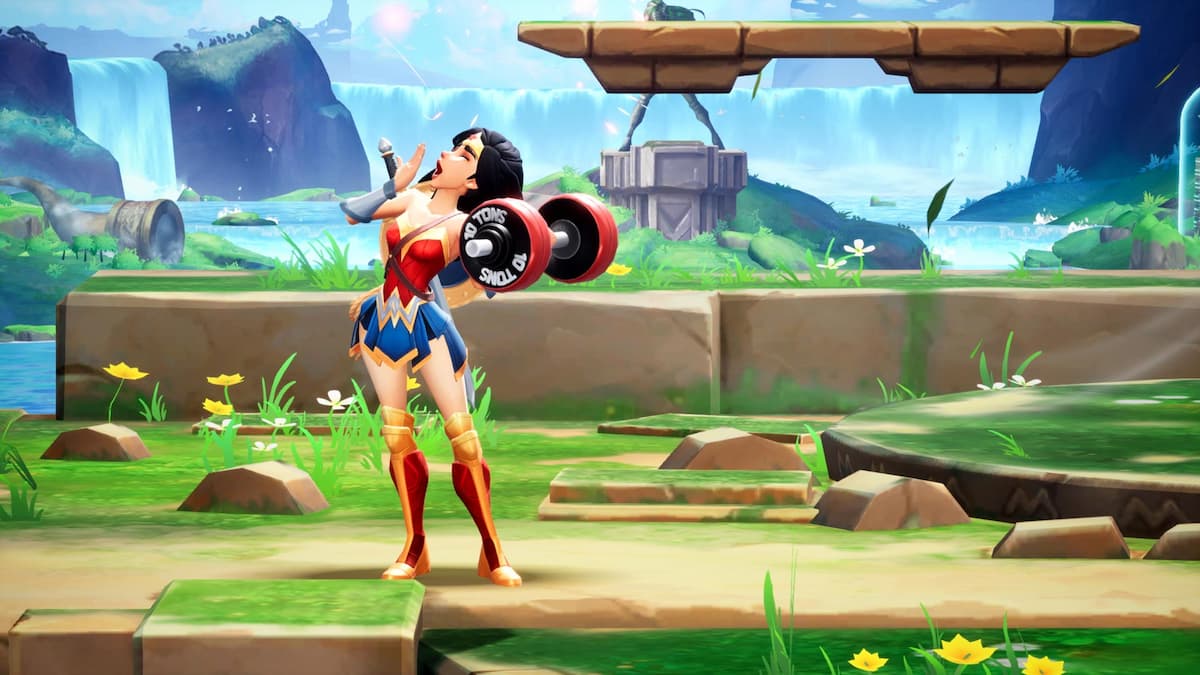

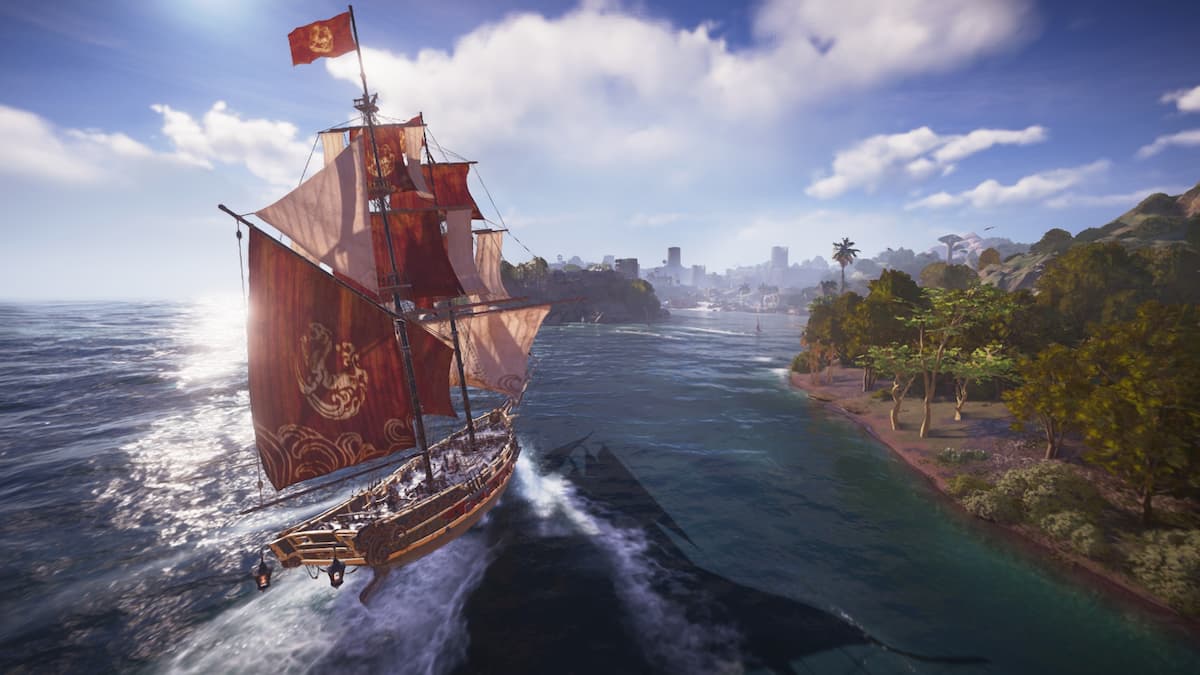
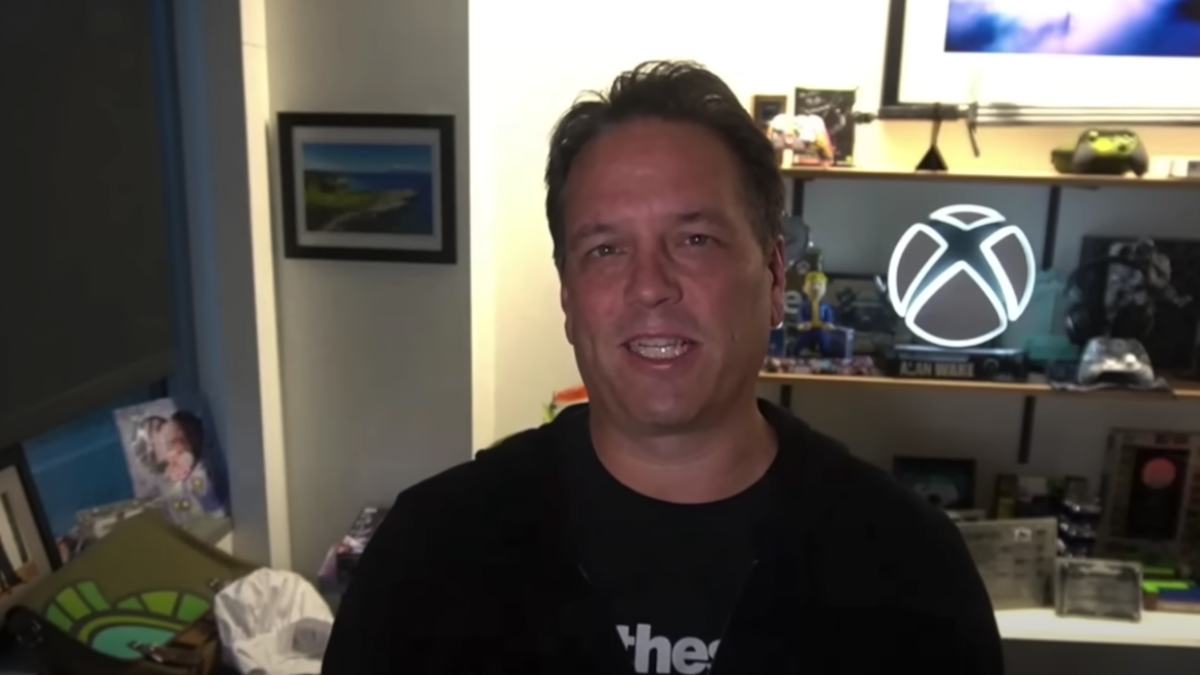
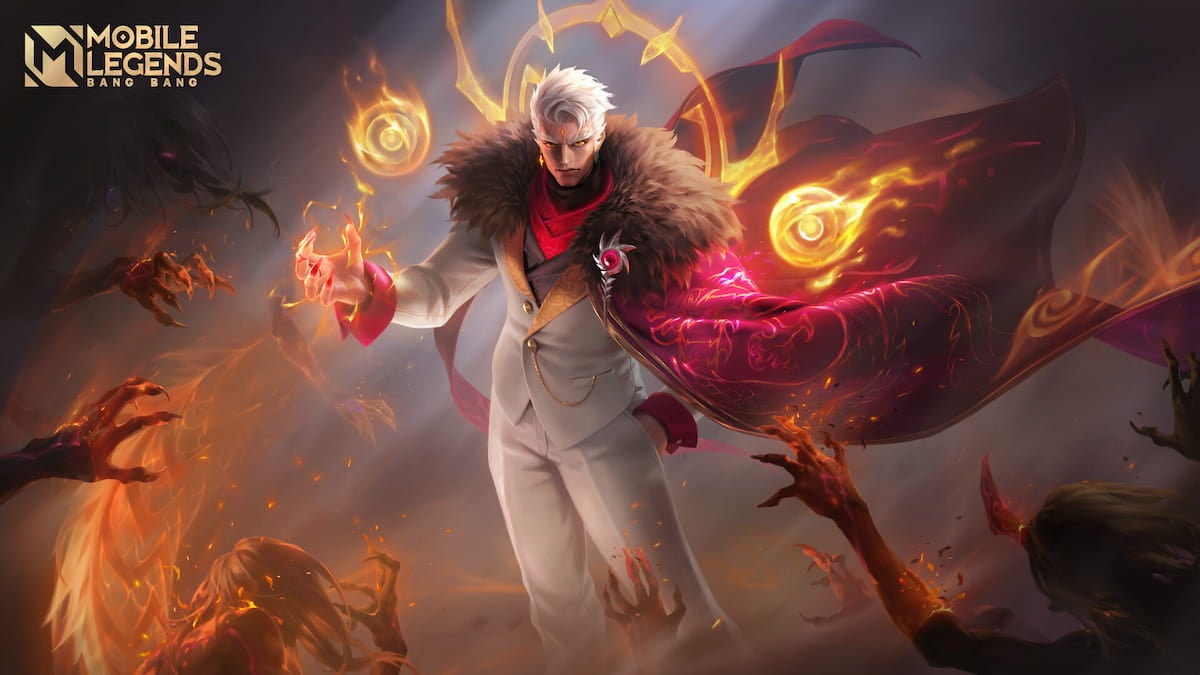
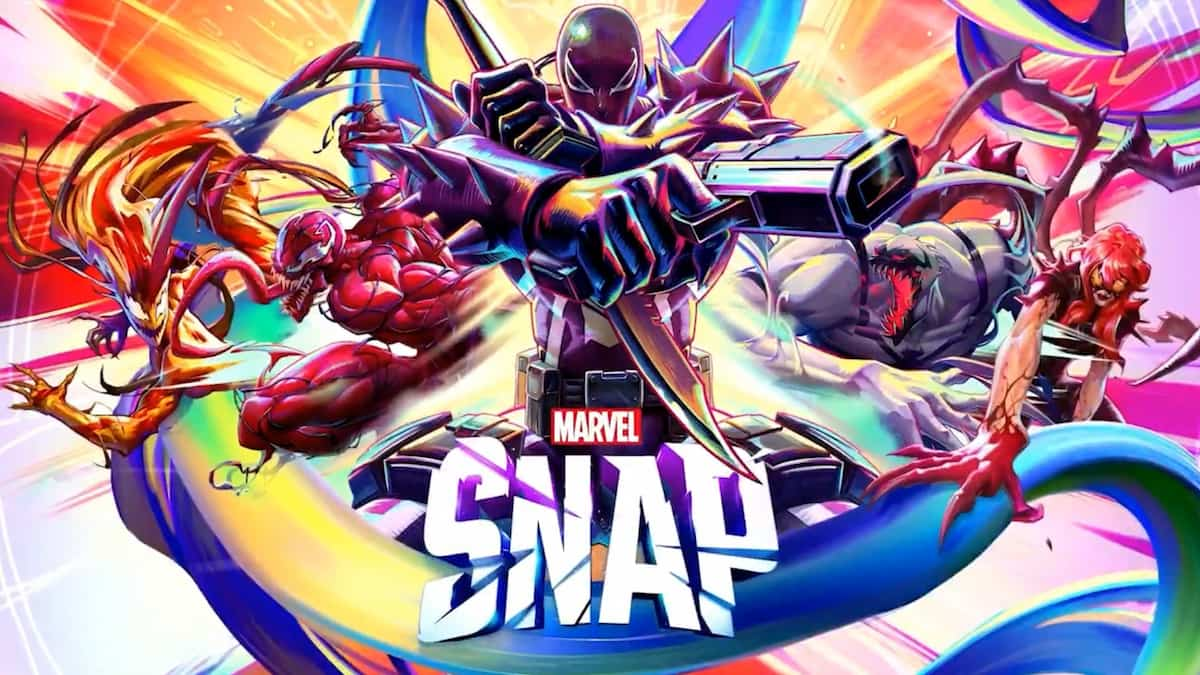
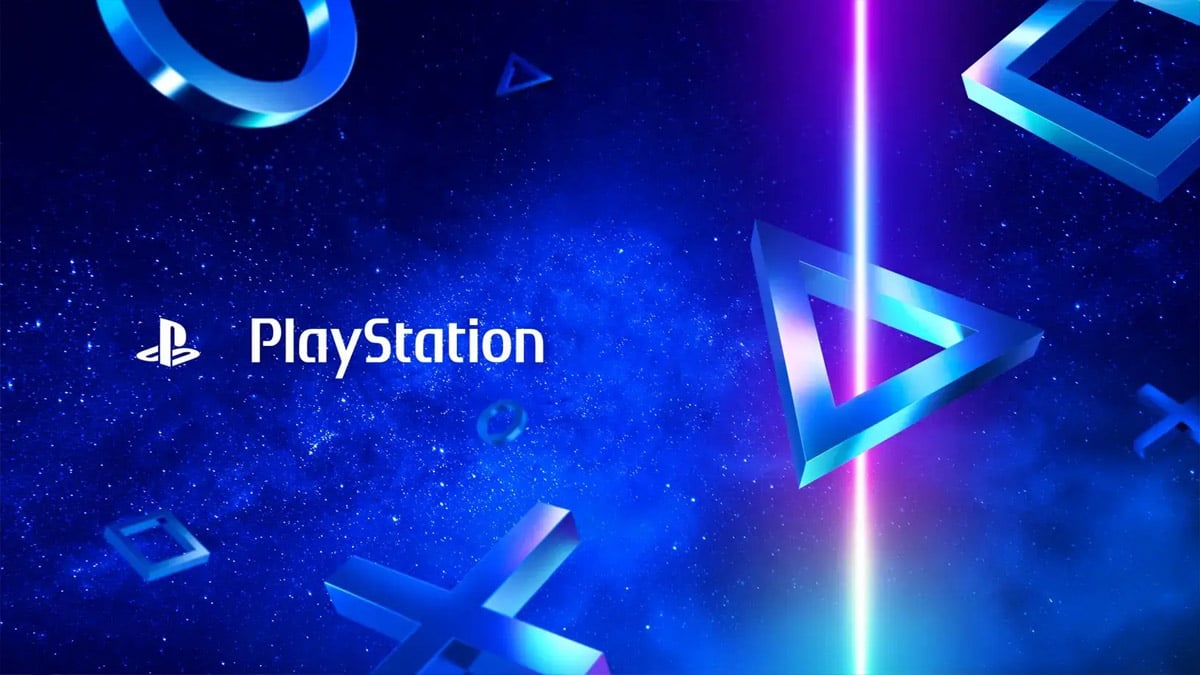
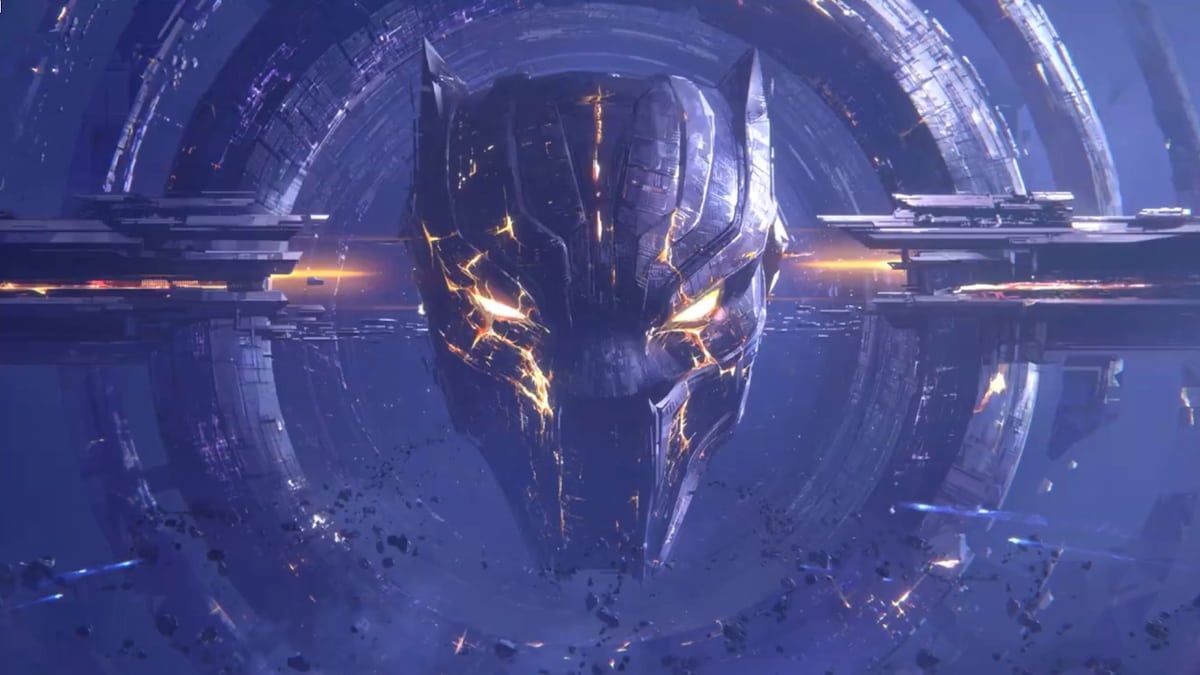

Published: Dec 27, 2018 02:20 pm